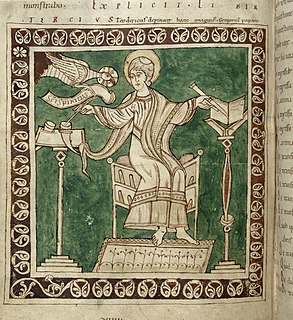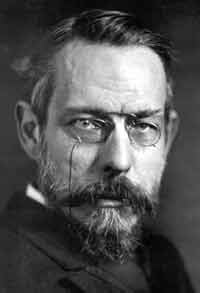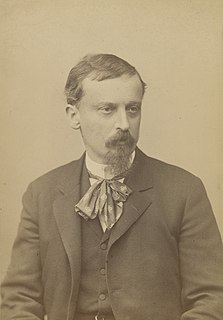A Quote by Pope Gregory I
If the intention is unclean, the deed that follows from it will also be evil, even if it seems good.
Related Quotes
In the story of the Creation we read: ". . . And behold, it was very good." But, in the passage where Moses reproves Israel, the verse says: "See, I have set before thee this day life and good, and death and evil." Where did the evil come from? Evil too is good. It is the lowest rung of perfect goodness. If you do good deeds, even evil will become good; but if you sin, evil will really become evil.
This is a world of good and evil. Wherever there is good, evil follows, but beyond and behind all these manifestations, all these contradictions, the Vedanta finds out that Unity. It says, "Give up what is evil and give up what is good." What remains then? Behind good and evil stands something which is yours, the real you, beyond every evil, and beyond every good too, and it is that which is manifesting itself as good and bad. Know that first, and then and then alone you will be a true optimist, and not before; for then you will be able to control everything.
Tell me,' asked Stas, 'what is a wicked deed?' 'If anyone takes away Kali's cow,' he answered after a brief reflection, 'that then is a wicked deed.' 'Excellent!' exclaimed Stas, 'and what is a good one?' This time the answer came without any reflection: 'If Kali takes away the cow of somebody else, that is a good deed.' Stas was too young to perceive that similar views of evil and good deeds were enunciated in Europe not only by politicians but by whole nations.



























